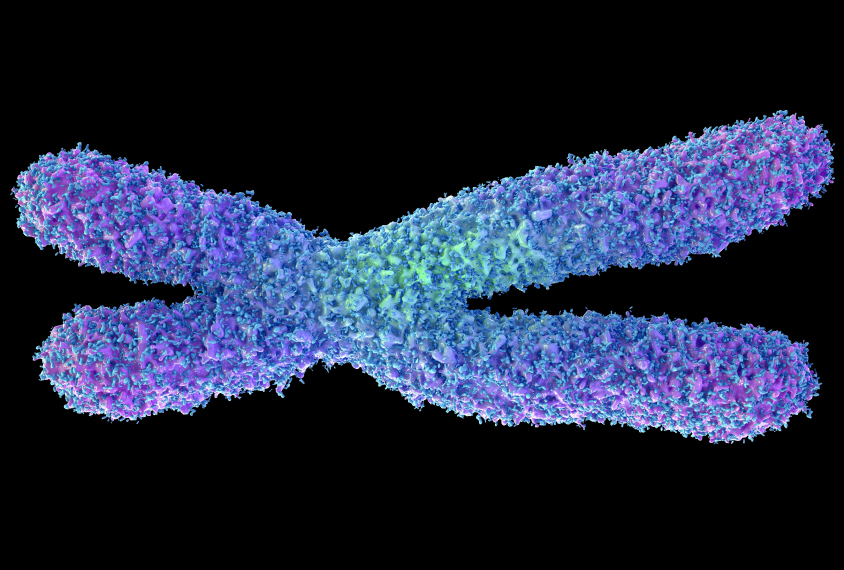A new study published in Cell Reports showed how researchers at Oregon Health & Science University were able to edit RNA in a rodent, subsequently correcting a mutation in a protein that results in the development of the postnatal neurological condition Rett syndrome.
For this form of a neurological condition, it is a first of its kind example of the repairment of a gene from rodents using programmable RNA editing.
Rett syndrome, also known as cerebroatrophic hyperammonemia, is a rare condition more prevalently observed in girls than in boys, with a typical age of onset at 6 to 18 months. The debilitating condition is caused by mutations in the gene that codes the protein MeCP2, which is essential for the normal function of nerve cells. The protein is made by the MECP2 gene, located on the X chromosome.
In their new study, the research group aimed to repair the mutated MeCP2 protein at the RNA level. In the past, researchers have tested programmable RNA editing repair techniques in conditions like muscular dystrophy. However, this study is a first to target and repair the MeCP2 protein across a number of cell types.
“This is the first example of using programmable RNA editing to repair a gene in mouse models of a neurological disease,” said Gail Mandel, the co-author of the study.
“We repaired the MeCP2 protein in three different distinct populations of neurons. So it’s possible that it would work throughout the brain, assuming we can deliver the editing components in a widespread manner,” Mandel explained in a news release.
The findings yield the possibility of new therapeutic interventions able to efficiently treat Rett syndrome, however more research is needed.


